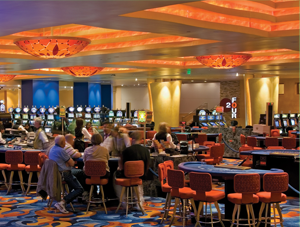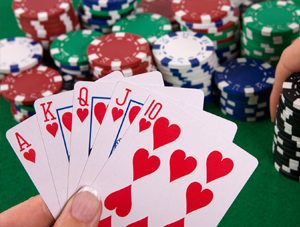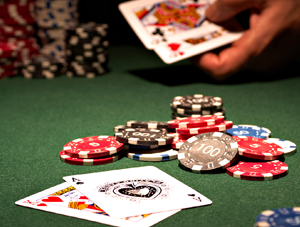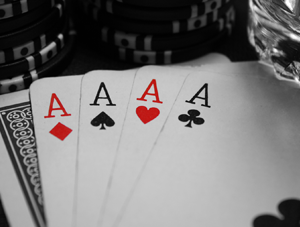How the Dealer Really Plays the Game
While you may not come across this whilst playing online at sites like bgo casino (unless you pop into the Live Casino of course) the dealer is one of the most important aspects of the game. The dealer is often an overlooked part of the casino experience. That’s largely because, just like a good referee in football or any other team sport, if they’re really good you shouldn’t notice them at all. But just like sports referees, if the dealer is not there you can’t play a serious game.
So just what does it take to be a great dealer? What skills do they need to have and how do they view their role in the game? Let’s take a closer look.
Knowledge of the rules
Perhaps the most important skill for any dealer is an in-depth and comprehensive knowledge of the rules of the game. A dealer should understand the game – whether it’s poker, blackjack or any other – like it’s second nature. Any small miss by the dealer can ruin or interrupt the flow, which is not good news for the players.
Dealers also need to be incredibly consistent, playing the game in exactly the same way every time. When you’re playing and in the zone, the last thing you want is for the dealer to start mixing up the way things are done.
Communication skills
Ideally dealers should maintain a high activity level at the table, engaging all the players. They should try to be entertaining but not too intrusive. The odds are always in favour of the house in a casino, so the dealer should see it as part of their role to make sure the player has a good time – whether they’re winning or losing.
Some dealers like to learn players’ names, where they come from and engage in some conversation while they’re at the table. But they should also know when the player doesn’t want to talk.
Keeping the game moving
The dealer should always be keeping the game moving, controlling it and avoiding any lengthy or unnecessary stoppages in play. This is because giving players time also gives them an advantage. Ideally a dealer needs to keep the game moving along at a fast pace, reducing the amount of thinking time a player has to assess the odds and make informed decisions. So if you’re playing alone or at a table where things move quickly, try and slow the dealer down a little bit.
A really good dealer should be able to find the right balance between keeping things going but also giving players a fair amount of time to make good decisions.
Physical skills
Of course, all of the above is anchored onto a set of mechanical skills. These involve the physical processes of manipulating the cards. A good dealer should be able to shuffle the cards in a tight and smooth way without raising them too high off the table.
The actual process of the deal is an art form in itself. A dealer needs to deliver the cards in a smooth and accurate way, ideally adding a touch of personality to their style – this can add an element of fun.
After the game is over, a dealer needs to handle the pay-outs in an efficient and discreet way. The dealer needs to know how much to pay out and to which players. If a pot is split, this also needs to be handled, and cashing in or out should be done quickly so that the flow of the game is not interrupted.
You might not think it, but being a dealer involves a fair amount of physical endurance. The dealer will often be at the table for hours at a time, having to concentrate and carry out complex physical manoeuvres repeatedly. A casino environment is also full of loud noises and distractions which need to be ignored or blocked out.
Mental challenges
Sometimes players don’t always act in the best way and the dealer needs to know exactly where the boundaries are for foul play, intimidation and rule breaking. They should act as a referee and facilitate a fair and even game play for all players.
At times, this may involve some kind of conflict resolution with players who fall out or have a problem with the result of the game. Gamblers can sometimes get argumentative and upset, especially when their luck is out and they’re losing money. Good dealers need to be able to spot the tell-tale signs that players are losing their cool, intervening before things get out of hand.
So the next time you’re playing, just think that the dealer needs to be doing all of the above, all at the same time. It’s a complex job and not one everyone can do, so spare them a thought, and if you do win, a tip is always welcome.





